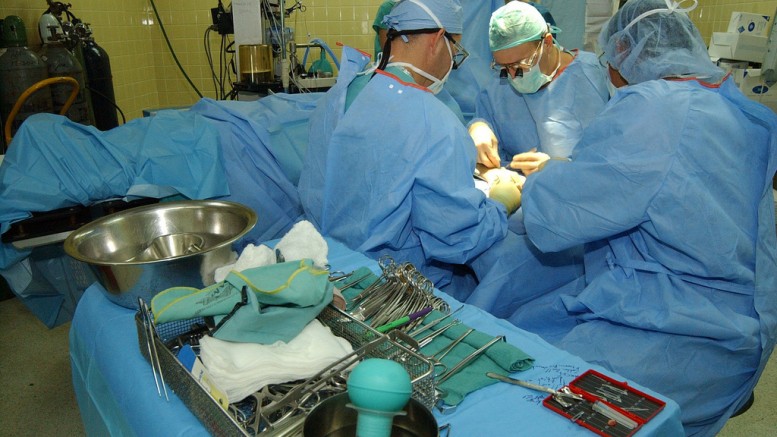When a loved one becomes ill, especially if they are your partner or child, it can be a very distressing time filled with uncertainty. Once you both know that surgery is on the cards, it can often come with mixed feelings. First, the hope that the procedure will be successful, and second, the nervousness and worrying about if something were to go wrong. However, you are not there to make the person you care for anxious, and you need to find genuine and helpful ways to get them through this difficult period. In this short guide, you will get some useful information to help you help your loved one.
Asking the right questions
The first thing you need to know is what questions to ask their doctor. One reason it is important you know what to ask is because the person who is having the surgery, especially if it is potentially life-changing surgery, may experience a lot of strong emotions when hearing what the procedure is, the risks, and the rewards. Thus, it is important you are able to get the vital information they need should it get too much for them emotionally. For example, you need to ask what the benefits of the surgery are and how long they will last to establish both a realistic recovery time and to know if there may need to be any follow up operations. Another important question you need to remember to ask is what kind of anesthesia will be used, as this will determine how well your loved one is when they wake up.
On the mend
After the operation is when you will truly need to step up in supporting your loved one through recovery because not only will they still be battling with remnants of their illness but also the physical recovery from it. The first thing you should do is make it a priority to take over some of their responsibilities so that they do not overwork themselves. For example, if they have a dog, make sure that you are the one taking it for walks most days, and only let your loved one join you if it is a very short trip out for some gentle exercise. Other things like helping them make dinner so they avoid bending and doing the grocery shopping, so they avoid heavy lifting will all aid them in their recovery.
If the worst should happen
While it is not something that either of you will want to think about, you do need to consider what could happen if something goes wrong with the surgery. If you have a team of doctors who are doing their job correctly, then the chances of a fatal accident occurring are slim, but cases of medical negligence do happen and you need to look into how to claim for a fatal accident should the worst happen.
Helping a loved one through surgery doesn’t have to be a difficult process once you know what to do.
